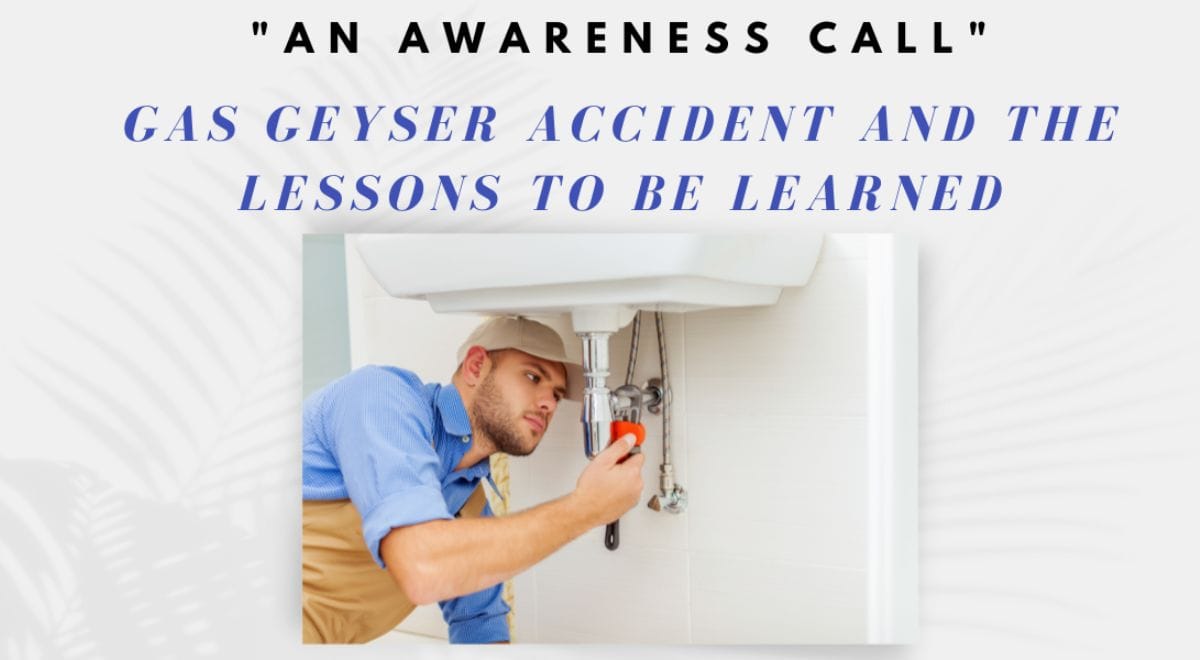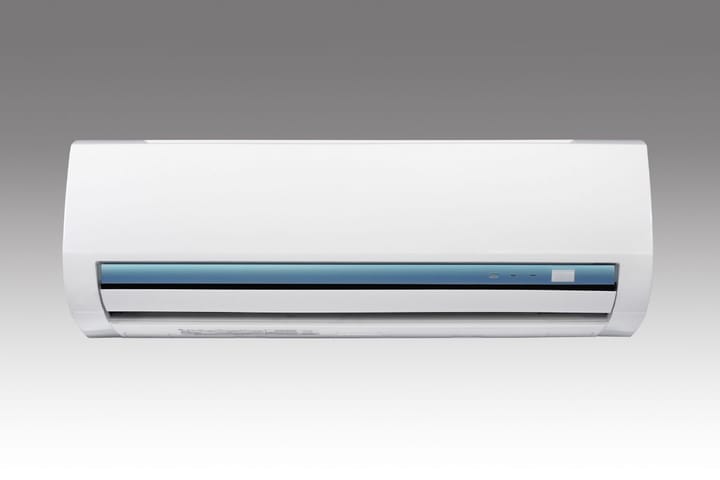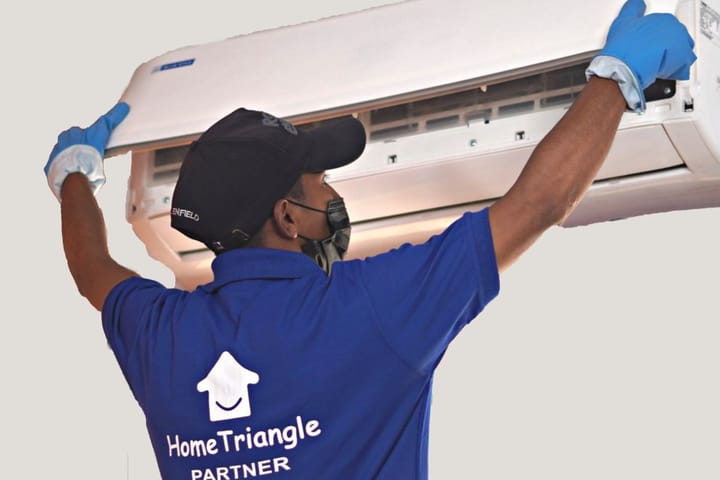An awareness call: Gas geyser accident and the lessons to be learned.
This gas geyser accident is a reminder of the unseen dangers in our own homes and a lesson in the know-how of gas geysers.

The wife of Divyanshu Asopa, the founder of 21fools, was put in peril by a terrible accident brought on by gas geyser syndrome on what appeared to be a routine day. This unusual phenomenon may possibly be lethal. The said terrible incident, therefore, serves as a warning of the perils of gas leaks and the significance of proper gas geyser safety procedures.

Gas Geyser Syndrome { source: NCBI }
What is it? Sudden loss of consciousness in the bathroom.
What causes it? Liquefied Petroleum Gas (LPG) geysers are deployed very frequently for heating water due to the perennial problem of erratic electrical supply in many areas in India.
The possible attributable cause for losing consciousness could be exposure to high amounts of various toxic gases, mainly carbon monoxide (CO) released due to incomplete combustion of LPG in gas geysers in small ill-ventilated bathrooms in homes.
What are its consequences?
This simple and economical device, used on a daily basis in many Indian households may cause certain significantly disabling neurological events. Such an episode is highly distressing and may have long-lasting or even life-threatening effects.
Incomplete combustion of LPG due to inadequate ventilation leads to the accumulation of mainly carbon monoxide and nitrous oxide. Clinical features of acute carbon monoxide poisoning include headache, dizziness, epilepsy, and confusion. Coma or seizures can occur in patients with prolonged exposure.
Preventive measures to be followed while using gas geysers
- Regular maintenance: have a qualified technician inspect and service the gas geyser at least once a year to ensure that it is in safe working condition.
- Ventilation: make sure that the area around the gas geyser is well-ventilated to prevent the buildup of dangerous gases and is not installed in an enclosed area.
- Proper installation: ensure that the gas geyser is installed by a qualified professional and that all connections and seals are tight and secure.
- Leak detection: regularly check for gas leaks by smelling for the odor of gas, or by using a leak detection solution.
- Emergency shut-off valve: ensure that there is an emergency shut-off valve installed and that all household members know how to use it.
- Keep the geyser area clean: regular cleaning of the area around the geyser can prevent the accumulation of dust and other debris that can potentially block the ventilation system.
- Turn off the gas supply when not in use: When not in use, turn off the gas supply to the geyser to prevent any accidental gas leakage.
Should we stop using Gas geysers?
As long as they are built, maintained, and utilized correctly, gas geysers may be a safe and effective solution for heating water. A skilled technician can evaluate your gas geyser's condition and provide suggestions for any necessary repairs or replacements if you have any concerns about its safety. The effects of employing gas geysers on the environment must also be taken into account. Electric water heaters are more environmentally friendly and more energy-efficient. Therefore, before making a choice, it is important to weigh the advantages and disadvantages of gas geysers as well as the available options.
What to do if gas geyser is in enclosed place?
If a gas geyser is installed in an enclosed space, such as a bathroom, it is important to take additional precautions to ensure the safety of the occupants. Make sure that the area around the gas geyser is well-ventilated to prevent the buildup of dangerous gases. This can be achieved by installing an exhaust fan or by keeping the bathroom door open during and after use.
Furthermore, you can install a carbon monoxide detector in the bathroom to alert you if dangerous levels of the gas are present.
However, it would be a wise decision to take into account other energy-efficient choices available in the marketplace if you can't bear the burden of adopting such preventative measures.
Prevention is better than cure
TIP OF THE BLOG- Because geysers are usually already there when we move into new rental houses, we frequently take them for granted and postpone monitoring and repairing them until more significant issues arise.
But the fact is, this is where we go horribly wrong. Never put things off and have your electrical equipment inspected by a professional before you start using them.
If you want to get your geyser inspected right away, get it done with HomeTriangle's professional services, which are just a click away.




Comments ()